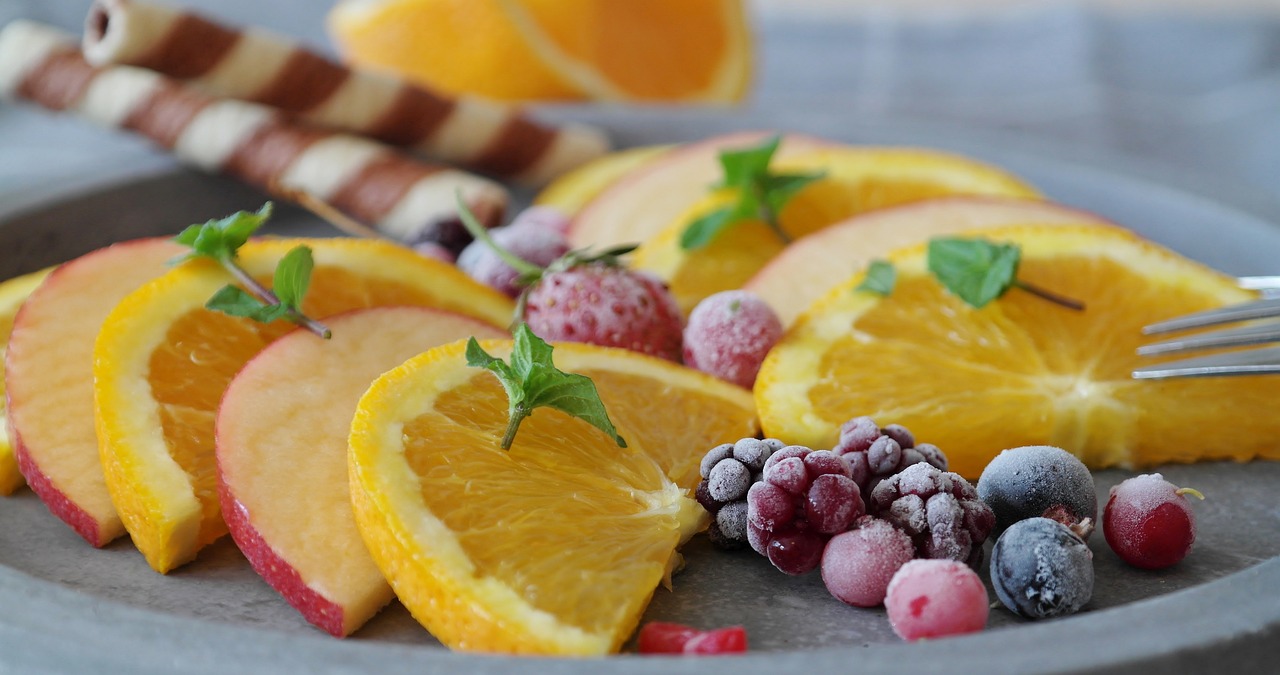The concept of snacking often gets a bad rap, especially when weight loss is the goal. However, far from being a dietary villain, strategic snacking can be a powerful tool for weight management and overall health. Eating smaller, balanced meals and snacks throughout the day helps regulate blood sugar levels, preventing energy crashes and those intense hunger pangs that often lead to overeating. The key lies in choosing the right types of snacks – those that provide a healthy mix of complex carbohydrates, protein, and healthy fats. This combination not only provides sustained energy but also promotes satiety, helping you feel fuller for longer and making it easier to control portion sizes at mealtimes. Think of snacking as a way to bridge the gap between meals, providing your body with a steady stream of nutrients and preventing you from reaching the point of extreme hunger where impulsive, less healthy food choices become more tempting. This approach can be particularly beneficial for those trying to lose weight, as it helps prevent binge-eating and promotes better portion control.
Navigating the World of Packaged Snacks
While fresh, whole foods should be the cornerstone of a healthy snacking routine, sometimes convenience dictates choosing pre-packaged options. If you opt for packaged snacks, it's crucial to become a savvy label reader. Pay close attention to the serving size, as manufacturers often define it as a smaller quantity than you might expect. This can be misleading and lead to unintended overconsumption. A helpful strategy is to use a bowl or plate to portion out the recommended serving size instead of eating directly from the bag. This simple act of portioning helps you visualize and control your intake. However, it's important to emphasize that fresh, whole foods are always the best choice. Pre-packaged snacks often contain a long list of ingredients, including added sugars, unhealthy fats, and artificial additives, some of which can be difficult to even pronounce. Minimizing your intake of these processed snacks is a wise choice for your overall health and well-being.
Snacking with a Purpose: The Power of Fiber and Protein
Snacking should be viewed as a purposeful act of fueling your body, providing sustained energy and satiety until your next meal. While some snacks might provide an initial feeling of fullness, they often lack the staying power needed to prevent hunger from returning quickly. Snacks that combine fiber and protein are digested more slowly, keeping you feeling fuller for longer. This is because fiber adds bulk to your diet, promoting digestive health and slowing down the absorption of sugars, while protein takes longer to digest than carbohydrates. Many high-fiber foods are also naturally high in water and low in calories, making them an excellent choice for weight management. Some excellent fiber and protein combinations include celery sticks with cottage cheese, apple slices with peanut butter, or yogurt with raspberries. These combinations provide a satisfying mix of textures and flavors, while also offering a nutritional boost.
Hydration and Calorie Awareness: The Importance of Beverages
It's easy to overlook beverages when considering your daily calorie intake, but they can significantly contribute to your overall consumption. If you're drinking anything other than water with your meals or snacks, it's important to factor those calories into your daily total. For example, if you're following a 2000-calorie diet and your meals add up to 1500 calories, you have 500 calories remaining for snacks and beverages. Pre-packaged 100-calorie snack packs can be convenient for portion control, but they often contain processed ingredients and artificial additives. Choosing fresh fruit is a much healthier option. A cup of blackberries contains approximately 75 calories, half a cup of cranberries has about 23 calories, and a cup of cantaloupe provides around 56 calories. These natural, nutrient-rich options are a far better choice than processed snacks. Incorporating healthy snacks into your daily diet is an essential component of any successful weight management program. The ideal snack choices will vary from person to person, but it's crucial to consider both calories from snacks and beverages as part of your overall daily intake. Prioritizing protein and fiber in your snack choices will help you feel fuller for longer, preventing overeating at your next meal and supporting your health goals.
Making snacks a part of your everyday diet is very important to any weight loss program. The appropriate choice of snacks will be different for everyone, but be sure to count calories from snacks AND beverages as part of your daily caloric intake. Keep protein and fiber on the menu as part of your snacking choice to help you feel full longer and to avoid overeating at your next meal.
1 Mayo Clinic. 2 National Institutes of Health. 3 Academy of Nutrition and Dietetics. 4 U.S. Department of Agriculture.













